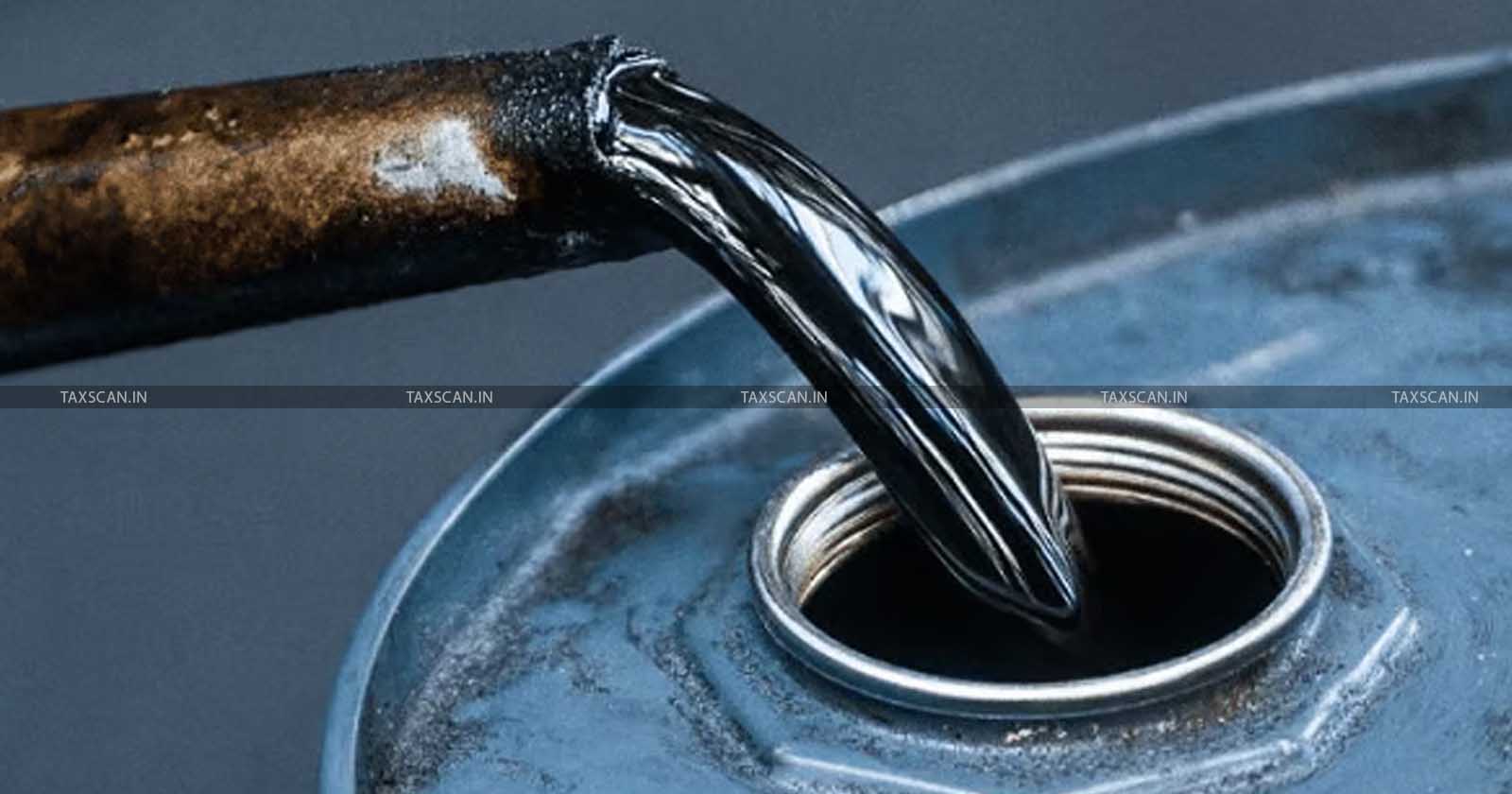Windfall Tax on Crude Petroleum Raised to ₹3,200 per Tonne: CBIC notifies
If the oil companies pass on the increased tax burden to consumers, it could lead to higher prices for petroleum products such as gasoline and diesel

CBIC – Windfall Tax on Crude Petroleum – Crude Petroleum – Windfall Tax – CBIC notification on crude oil tax – Taxscan
CBIC – Windfall Tax on Crude Petroleum – Crude Petroleum – Windfall Tax – CBIC notification on crude oil tax – Taxscan
The Central government has announced an increase in the windfall tax on petroleum crude, setting it at ₹3,200 per tonne effective from February 3, 2024. This adjustment comes as a revision from the previous rate of ₹1,700 per tonne. However, the windfall tax on diesel and aviation turbine fuel ( ATF ), has remained unchanged.
The decision to modify the windfall tax on crude oil follows a series of adjustments made by the government in recent weeks. On January 16, the windfall tax on petroleum crude was reduced from ₹2,300 per tonne to ₹1,700 per tonne. Prior to that, on January 2, the government had increased the windfall tax on crude oil to ₹2,300 per tonne from ₹1,300 per tonne.
Windfall tax is a special tax imposed on unexpected or excessive profits, often applied to specific industries or sectors during periods of windfall gains. This type of tax is designed to capture additional profits generated by businesses due to unexpected market conditions, favourable pricing, or other unforeseen circumstances. The windfall tax is generally temporary and is imposed to ensure that the government receives a fair share of extraordinary profits during such periods.
The adjustment in the windfall tax is a measure aimed at maintaining a balance between promoting exports and ensuring a fair share of revenue for the government. It reflects the government's responsiveness to the evolving dynamics of the petroleum industry and its commitment to adapting policies to safeguard economic interests.
Impact of Raise on Crude Oil
Crude oil producers will face increased production costs due to higher windfall taxes. This could lead to reduced profit margins for oil companies, impacting their financial performance. If the oil companies pass on the increased tax burden to consumers, it could lead to higher prices for petroleum products such as gasoline and diesel. This, in turn, may contribute to inflationary pressures and impact consumer spending patterns.
While on the government side, the government stands to gain additional revenue from the increased windfall tax. This revenue can be utilised for public projects, services, or reducing fiscal deficits.
To Read the full text of the Notification CLICK HERE
Support our journalism by subscribing to Taxscan premium. Follow us on Telegram for quick updates


